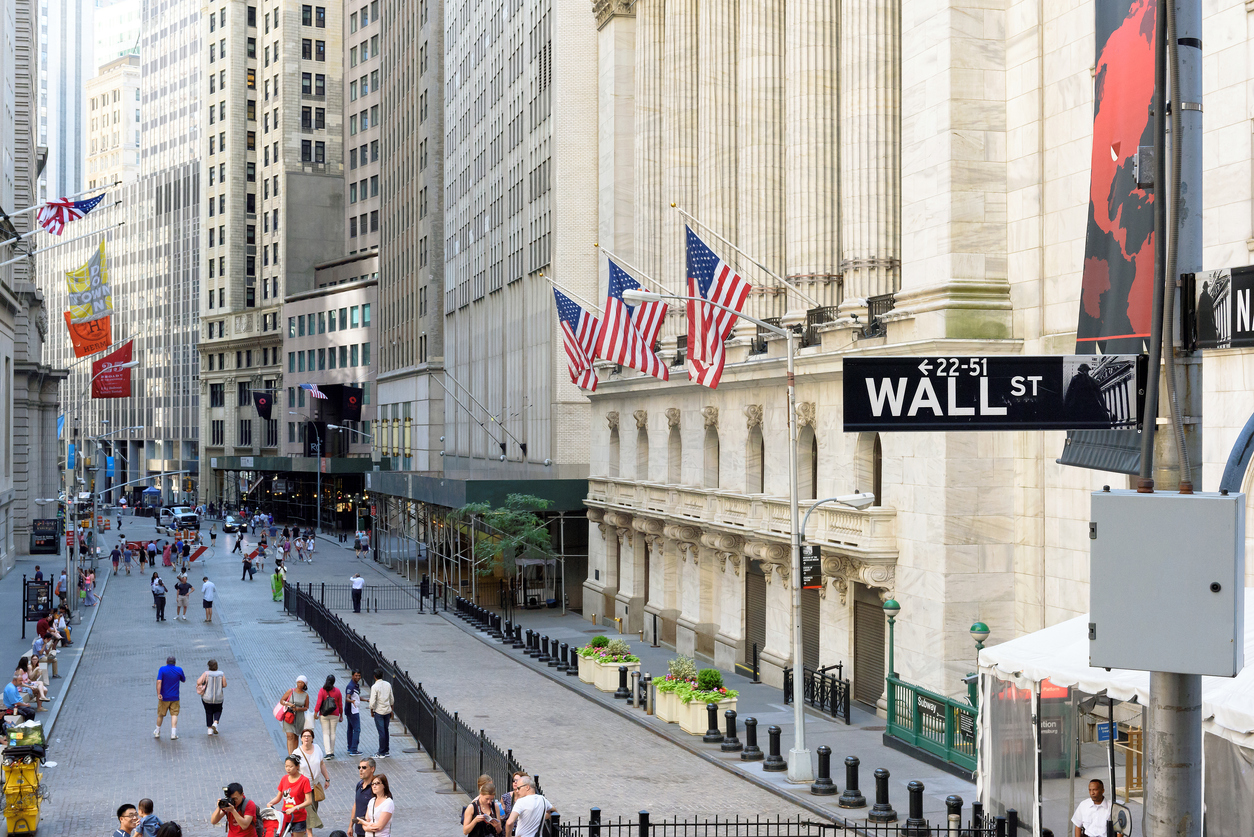Is China’s Ban on ICOs Such a Bad Move?
ICOs are like IPOs, but for new coins. By now you’ll have heard about Bitcoin and blockchain, except that by now there are already over 900 other brand-new cryptocurrencies, just like Bitcoin, competing for a cryto-market in which digital money has created its own markets, with its own B2B markets and so forth.
One of China’s latest bans involved the absolute ban on introducing new currencies, whereby neither private companies nor banks can make a move on the cryto-markets. This is widely considered, by FinTech and crypto-enthusiasts at large, as a bad move.
However, Jakob Drzazga, co-founder of Brickblock, a firm that is on the verge of its own upcoming ICO, welcomes this ban, and explains to Finance Monthly why.
The Chinese know very well that pigs get fat and hogs get slaughtered. The country’s rich list is often dubbed the 'Hogs-slaughtering List' and appearing on the list can immediately attract attention, investigation, and sometimes even prison time for financial misconduct.
Initial Coin Offerings (ICOs) seem to have suffered a similar fate – getting too fat and attracting too much attention. On 4th September 2017, People's Bank of China declared ICO as an illegal fund-raising activity following weeks of intense and critical media speculations. ICOs have reached a state of frenzy in China with reportedly USD 400 million raised since the beginning of 2017, in comparison to the global total of USD 2.16 billion. Millions were raised based on a white paper containing fancy concepts elegantly outlined, but understood by few, and scrutinized by fewer still.
The secret formula of getting rich quickly spread. For a country that has produced more millionaires than any other in the last 30 years, ICO is seen as a fast track to join the millionaire’s club.
When ICOs have become a business model, rather than a financing method for an innovative business to grow, something has to be done. The Chinese regulator has rightly done just that.
According to the regulator’s in-depth study of numerous white papers circulated in the local market, the fund-raising activities of 90% of ICO projects were distinctly dubious. Of the rest, less than 1% is genuinely invested in the technology claimed behind most ICO projects – blockchain. Therefore, there is an important distinction between China’s ICO ban and its support to the development of blockchain technology which has been included in the country’s 13th Five-Year Plan (2016-2020).
So why would Brickblock, a start-up that is just about to launch its ICO globally next month, welcome the China ICO ban?
The ban will help to tame the ICO hype and provide a healthier eco-system for genuine and committed blockchain businesses to stand out and stand up to the test.
The ban will have an adverse effect on the short-term speculative investment but not too much on long term strategic investment committed to developing sustainable blockchain businesses.
The future of asset allocation is no longer about different asset classes, not even about including crypto currencies as an asset class, it is about bridging the digital and real world asset through tokenization.
At Brickblock, we have a grand but simple vision: building a trading platform on the blockchain where transactions are done seamlessly and asset classes transcend beyond forms or borders. We believe in tokenization as the future and as the new derivative market.
Just like the internet bubble, the fittest will survive and thrive. Neither ICO hype nor ban will help or hinder us to achieve our vision. To achieve that, we need strategic partners, visionaries, talents and the community who share our passion and long-term commitment.












